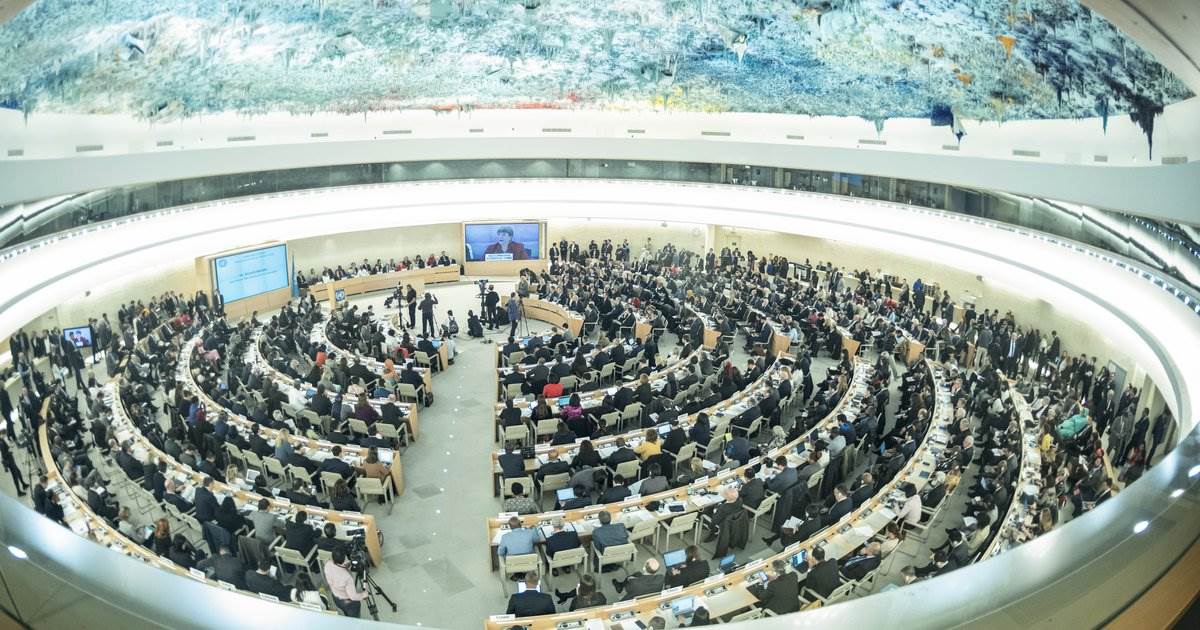UN Human Rights Council Approves Durban Resolution
"Israel" had worked behind the scenes to persuade UNHRC members to vote against the resolution.
-

The United Nations Human Rights Council approved a pro-Durban resolution
On Monday, the United Nations Human Rights Council passed a pro-Durban resolution 32-10, after the United Kingdom demanded a roll call vote, preventing the text's expected consensus passage.
“Racism should be tackled in all its forms and, regrettably, for far too long, the UN has downplayed the scourge of antisemitism. This must end,” British envoy Simon Manley told the 47-member UNHRC as it wrapped up its 48th session in Geneva.
"Israel" has worked behind the scenes to persuade UNHRC members to vote against the resolution, which is voted on every two years, and to prevent it from passing by consensus. Because "Israel" is not a member, it was unable to request a vote.
However, UNHRC countries were initially hesitant to adopt a similar stance against the text after boycotting a UN General Assembly event in New York last month commemorating the 20th anniversary of the contentious World Conference Against Racism held in Durban, South Africa in 2001.
On Monday, however, Austria, Czech Republic, Denmark, France, Germany, Italy, Netherlands, Poland, Ukraine, and the United Kingdom were among the ten countries that voted against the resolution.
Another five countries – Bulgaria, Japan, Marshall Islands, Republic of Korea, and Uruguay – abstained.
What is the Durban resolution?
According to the UN, the Durban Resolution, aka DDPA, was "adopted by consensus at the 2001 World Conference against Racism (WCAR) in Durban, South Africa. It is a comprehensive, action-oriented document that proposes concrete measures to combat racism, racial discrimination, xenophobia, and related intolerance."
The Geneva resolution reaffirms support for the Durban Declaration of 2001, which singled out "Israel" as a perpetrator of racism, and backs the conference that was boycotted.
In a special declaration made before the United Nations Human Rights Council's 48th session in Geneva, at least 48 countries, led by Austria, the Czech Republic, and Slovakia, promised to combat antisemitism.
“We will remain steadfast in our pledge, never again,” said Austrian Foreign Minister Alexander Schallenberg as he issued a recorded statement in which spoke about the danger of antisemitism.
The United Kingdom, Germany, and nine other nations had previously boycotted the UN General Assembly's Durban IV Conference due to its "antisemitic" background.

 2 Min Read
2 Min Read








